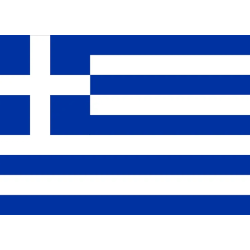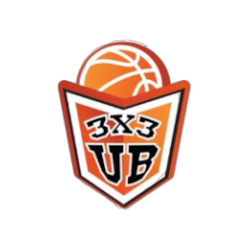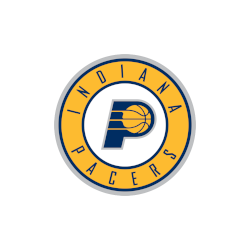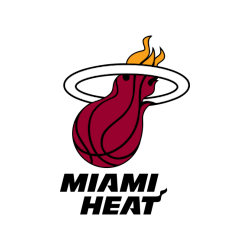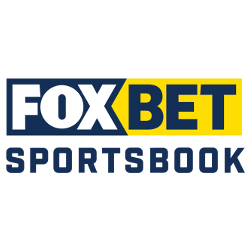NBA Joins MLB in Fight Against Prediction Markets
The NBA (National Basketball Association) has become the second major US sports league to criticize sports prediction markets in the country and call for regulations on prediction platforms that include sports betting.
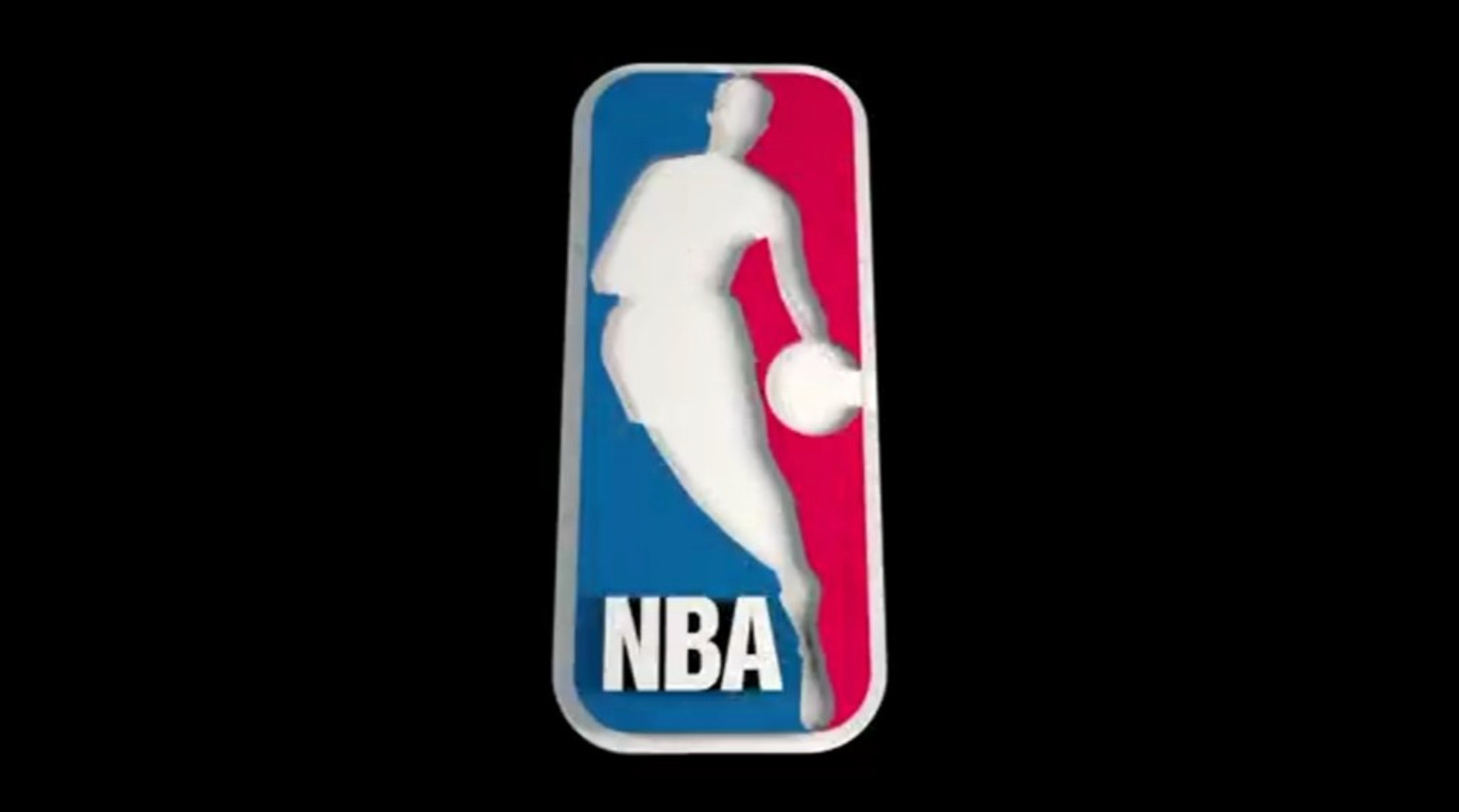
Photo: NBA logo (screenshot: https://www.youtube.com/@keanosereno1802)
The NBA has officially entered the ongoing discussion about sports prediction markets in the Commodity Futures Trading Commission’s (CFTC) growing pool of submissions. A separate US government organization that oversees the country’s derivatives markets, which include futures, swaps, and some types of options, received a letter from the most popular men’s basketball league in the world about sports prediction markets, making it the second major US sports league to do so. The letter was posted on the CFTC website. On March 7, MLB (Major League Baseball) filed comments.
NBA Vice President Alexandra Roth alerted the CFTC to the significant integrity risks associated with prediction markets in the submission. Futures contracts linked to sports outcomes can be purchased and traded on federally legal exchanges like Kalshi, Robinhood, and Crypto.com. Given that prediction markets are information markets at their core, they very much help bettors earn money by wagering on basketball online betting sites that have NBA on their offerings. Although some courts have so far disagreed, opponents maintain that this is just a workaround for the state’s current wagering regulations.
In federal court last fall, Kalshi overcame the CFTC’s legal arguments to provide election betting. Since then, other state authorities, including those in Nevada, New Jersey, and Maryland, have issued cease-and-desist orders as a result of the exchange and others entering the sports industry. Kalshi has secured preliminary injunctions in the first two of those states after countersuing in all three. A roundtable discussion on the matter was set for April 30 by the CFTC in response to the growing resistance. However, it was never officially confirmed and was disorganized from the beginning. There were no indications as to when or whether the roundtable would be rescheduled when it was finally canceled in late April.
New Markets Are Opening Up Quickly Thanks to Self-Certification
It’s remarkable how quickly prediction markets are growing their menus in a matter of months. Season-long futures, like championship winners, were used when Kalshi and others initially introduced sports markets. However, it soon changed to single-game contracts, which are currently one of the exchanges’ most popular markets in terms of trade volume.
NBA and MLB contracts performed noticeably better than other non-sports markets, according to the trading volume on Kalshi contracts from April 26–27. Regulatory frameworks are the primary factor that allows Kalshi and others to grow so rapidly.
To provide new bet types in a jurisdiction, operators must obtain state regulator approval under standard sports betting legislation. However, commodities exchanges subject to federal regulation are able to self-certify contracts and start selling them right away. After that, the CFTC has the option to intervene and demand their removal or do nothing. Despite claims that Kalshi and others consulted with the CFTC during the process, this framework is one of the main points of complaint from critics.
FAQ
More tips on Basketball
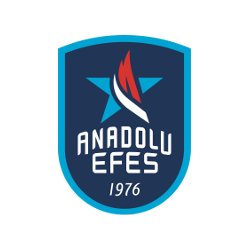
Anadolu Efes Spor Kulübü

FC Barcelona Bàsquet

Virtus Olidata Bologna
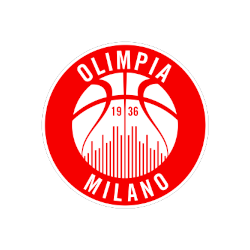
EA7 Emporio Armani Milan
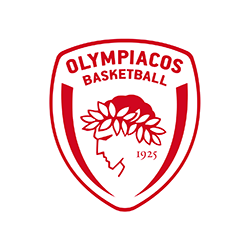
Olympiacos B.C.

Panathinaikos AKTOR Athens

Olympiacos B.C.

